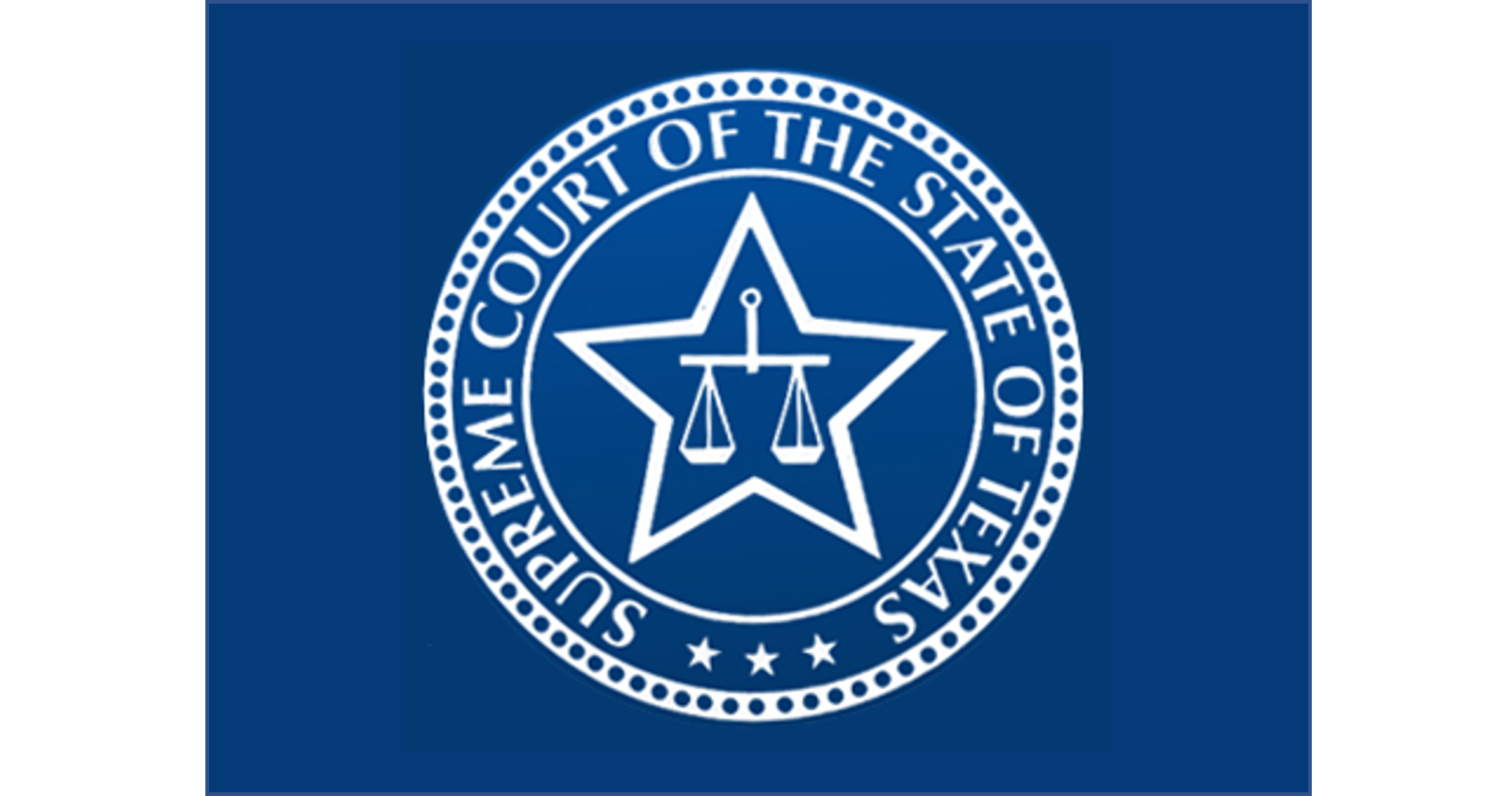
Recently, the Texas Supreme Court issued opinions that clarify and reinforce the requirements associated with two types of evidence – counteraffidavits and expert testimony.
Texas Supreme Court on Counteraffidavits and Notice
The Texas Supreme Court reviewed counteraffidavit requirements in the case of In re Chefs’ Produce of Hous ., Inc., No. 22-0286, 2023 WL 3027868 (Tex. Apr. 21, 2023) (per curiam) . The Court granted a petition for mandamus, overturning the trial court’s decision to strike counteraffidavits. The Court reaffirmed its ruling in In re Allstate Indemnity Insurance Co., stating that opinions in counteraffidavits need not be admissible to meet the reasonable notice requirement under Section 18.001(f) of the Civil Practice and Remedies Code.
This case involved plaintiff Antonio Estrada, who claimed he sustained injuries in a collision involving Mario Rangel – driver of a truck owned by defendant Chefs’ Produce. Estrada served an affidavit claiming $19,321 in medical expenses. Chefs’ Produce served a timely counteraffidavit of Dr. Benny Sanchez, challenging the reasonableness and necessity of the medical expenses based on inflated charges and Estrada’s preexisting injury. Estrada moved to strike the counteraffidavit on the basis that it included a dispute related to causation. Additionally, Estrada argued that the use of Medicare rates and Dr. Sanchez’s own pricing as a basis for determining the unreasonableness of the charges was an unreliable approach. The trial court granted Estrada’s motion, thereby striking Chefs’ Produce’s counteraffidavit. Additionally, the trial court’s order resulted in Chefs’ Produce’s inability to present Dr. Sanchez as a witness.
Chefs’ Produce sought reconsideration, citing the Texas Supreme Court’s ruling in In re Allstate Indemnity Insurance Co. The trial court denied reconsideration, and Chefs’ Produce sought mandamus relief from the appellate court. The 14th Court of Appeals denied the request, but the Texas Supreme Court conditionally granted Chefs’ Produce’s petition. As a result, the trial court vacated its order.
The Texas Supreme Court explained that Dr. Sanchez adequately established his opinions and held that his counteraffidavit provided reasonable notice to Estrada. The Court clarified that challenges to reliability could be made through motions to exclude testimony or cross-examination during trial. Although counteraffidavits cannot contradict causation, the presence of a causation opinion alone does not invalidate an otherwise compliant counteraffidavit. As such, the Court determined the trial court abused its discretion. Thus, this decision emphasizes that notice is the guiding principle for 18.001 affidavits.
Treatment of Expert Testimony Offered in Helena Chem.
In Helena Chem. Co. v. Cox, 664 S.W.3d 66 (Tex. 2023), the Texas Supreme Court upheld the trial court’s decision to grant defendant Helena Chemical Company’s motion to strike plaintiffs’ experts and no-evidence motion for summary judgment. Plaintiffs alleged that their crops were harmed by Helena’s use of herbicides, asserting claims for negligence and trespass. Plaintiffs designated an expert to opine on causation. In response, Helena filed a motion to strike the expert on the basis that the expert’s testimony was unreliable. The trial court granted both Helena’s motions and dismissed plaintiffs’ case. The court of appeals partially reversed the decision, but the Texas Supreme Court upheld the trial court’s ruling.
Out of more than one hundred fields, only three positive lab tests confirmed the presence of herbicide. The plaintiffs’ experts failed to demonstrate the use of a reliable scientific method for reaching such conclusions. The Court explained that the plaintiffs could not properly use the experts’ findings to reliably establish dosage levels or causative amounts. Plausible alternative sources, including other herbicide applications and adverse weather conditions were not sufficiently excluded. Accordingly, the Court found the expert testimony was unreliable in establishing causation, resulting in a lack of evidence for their case.

